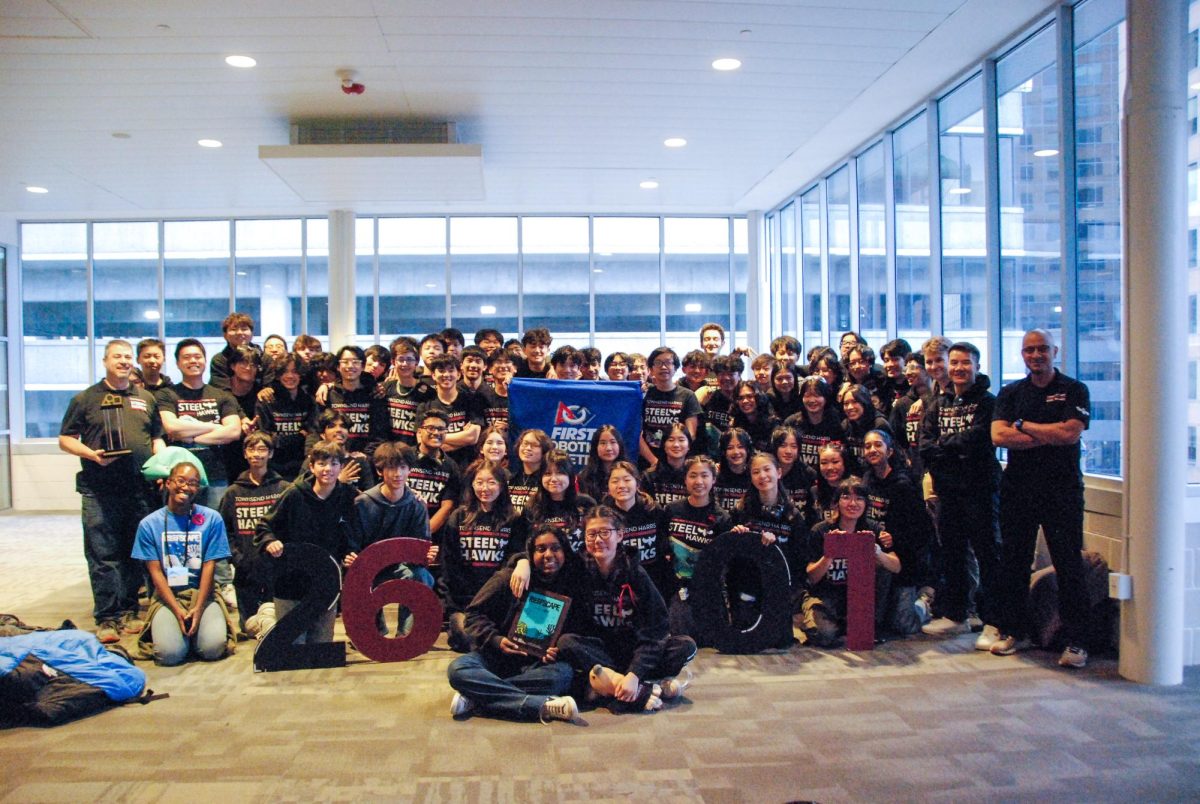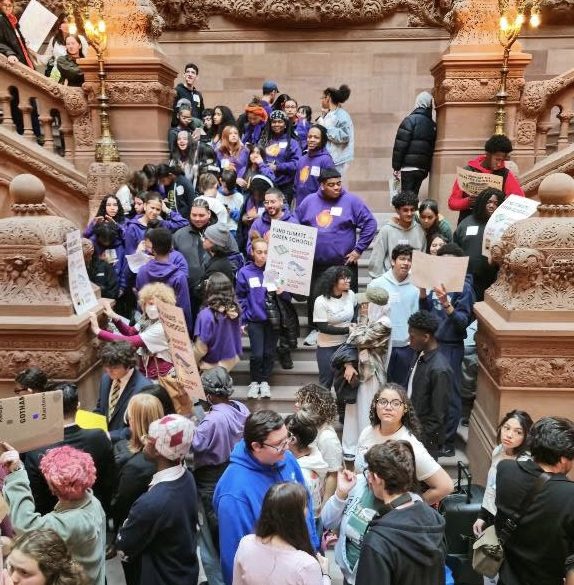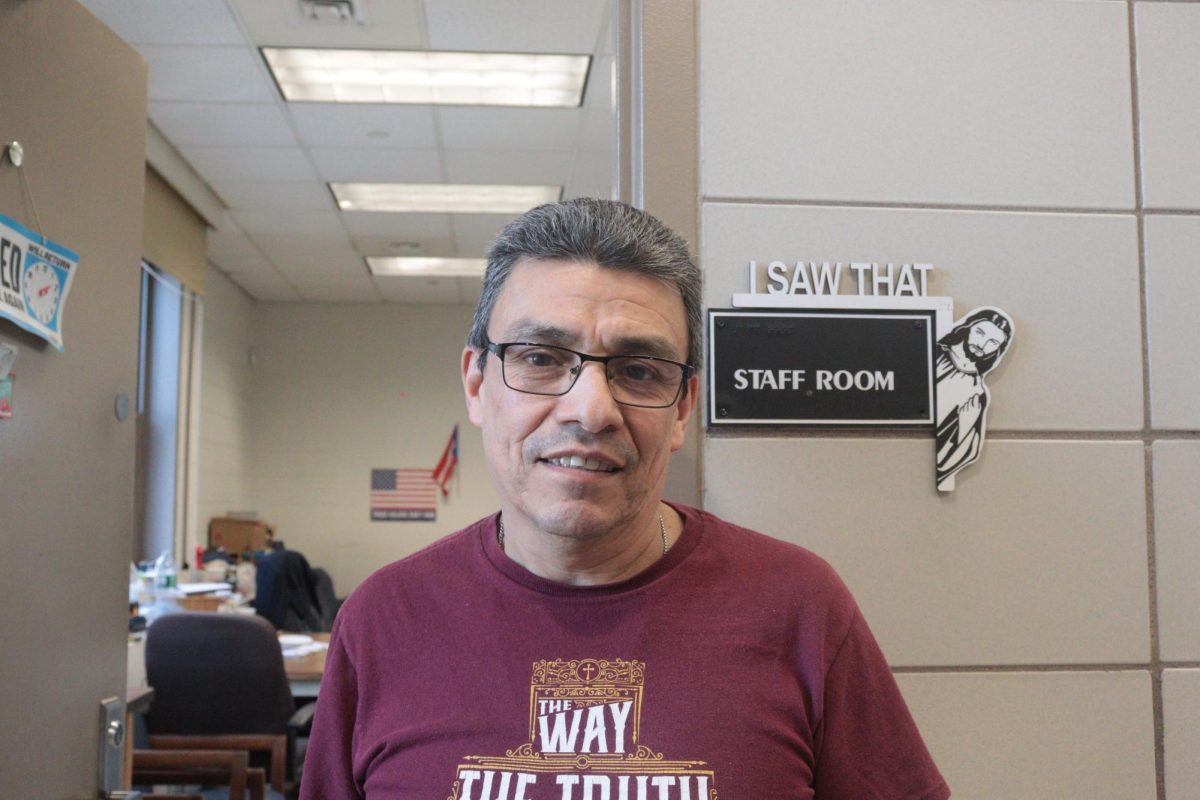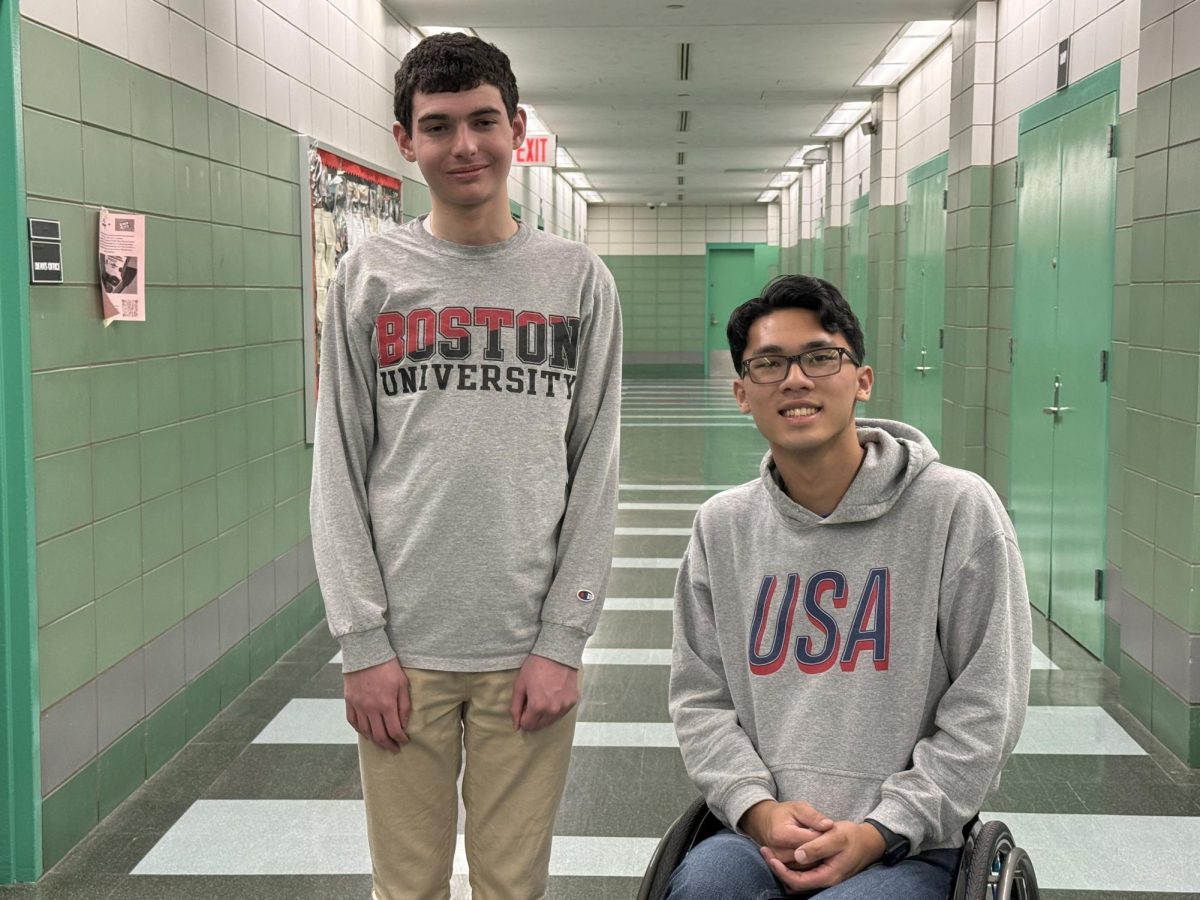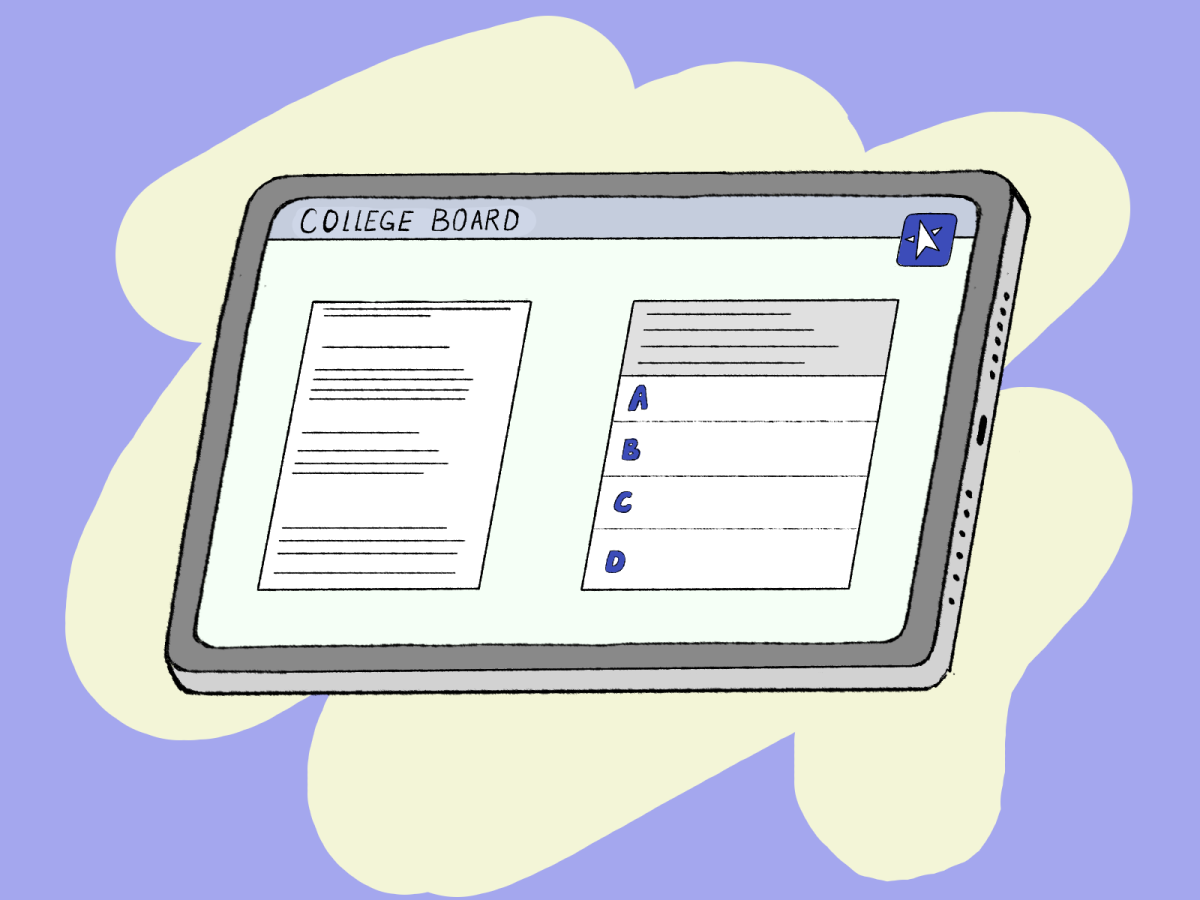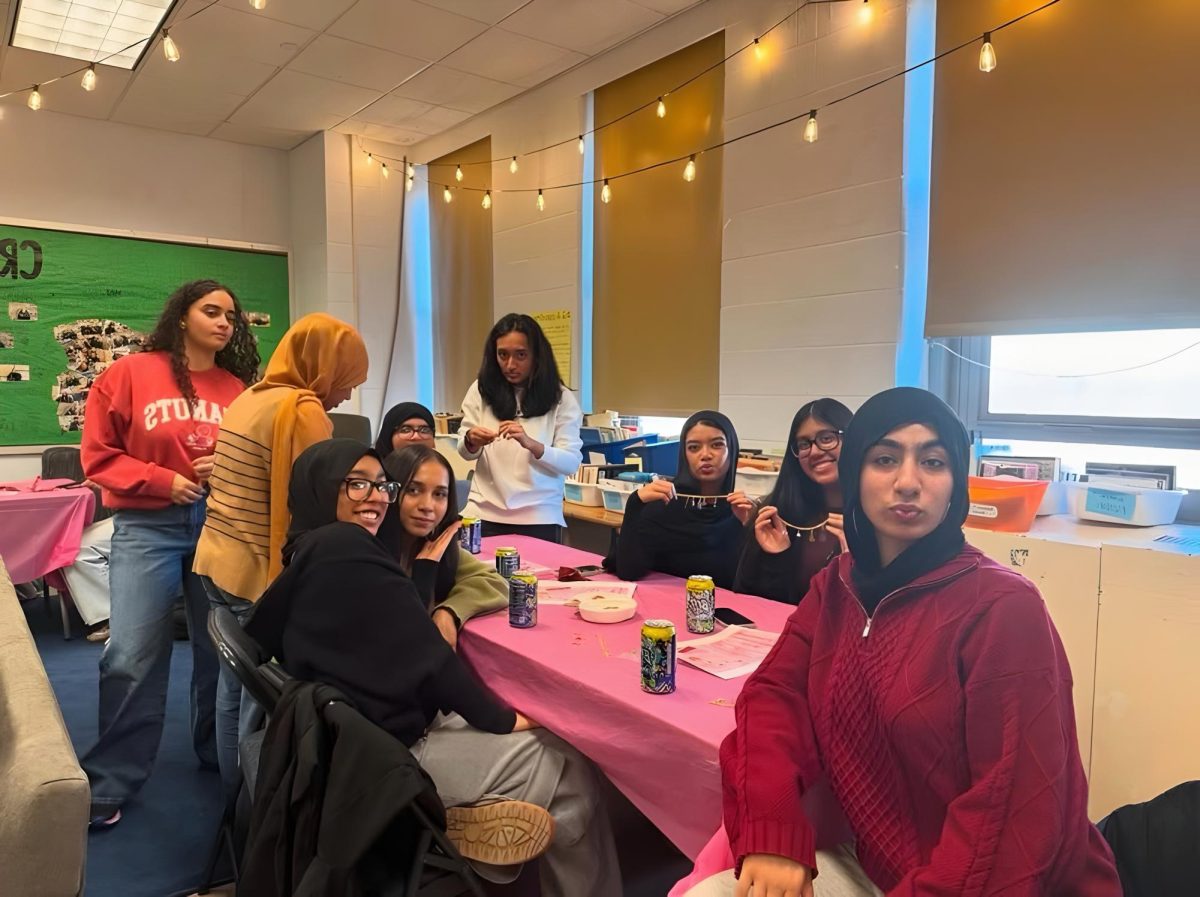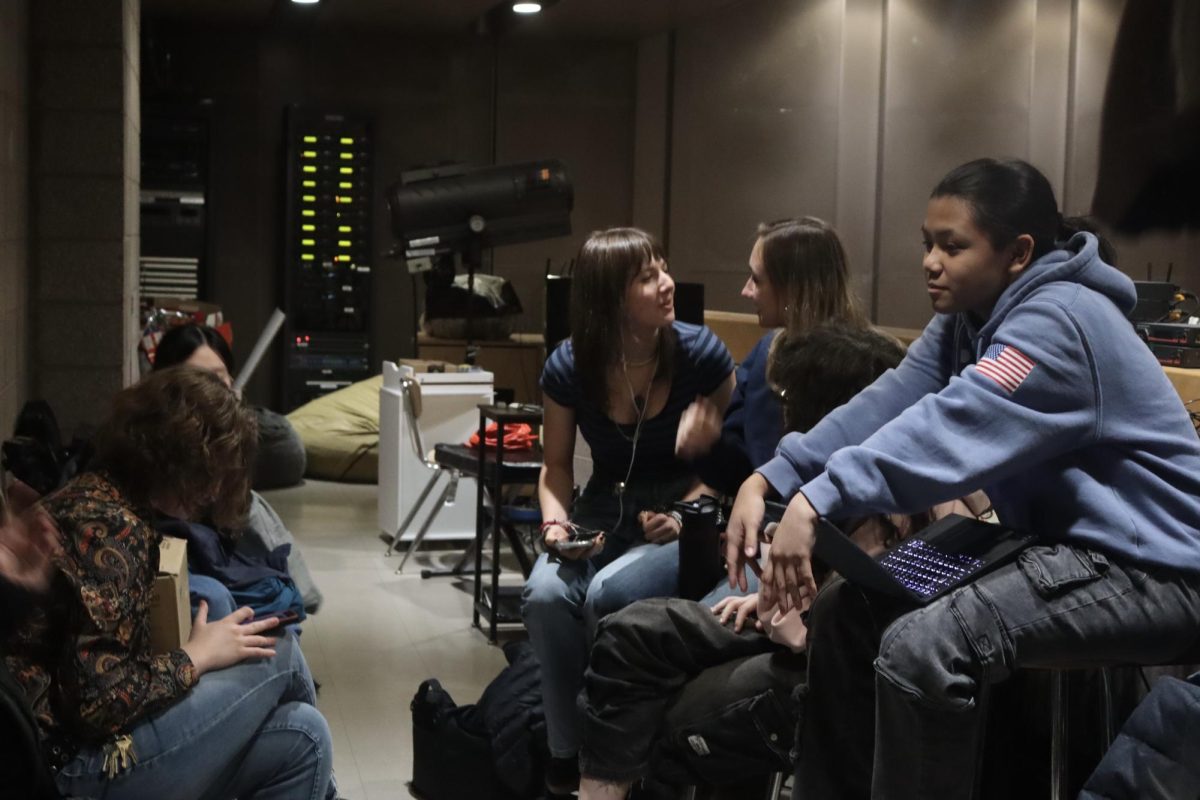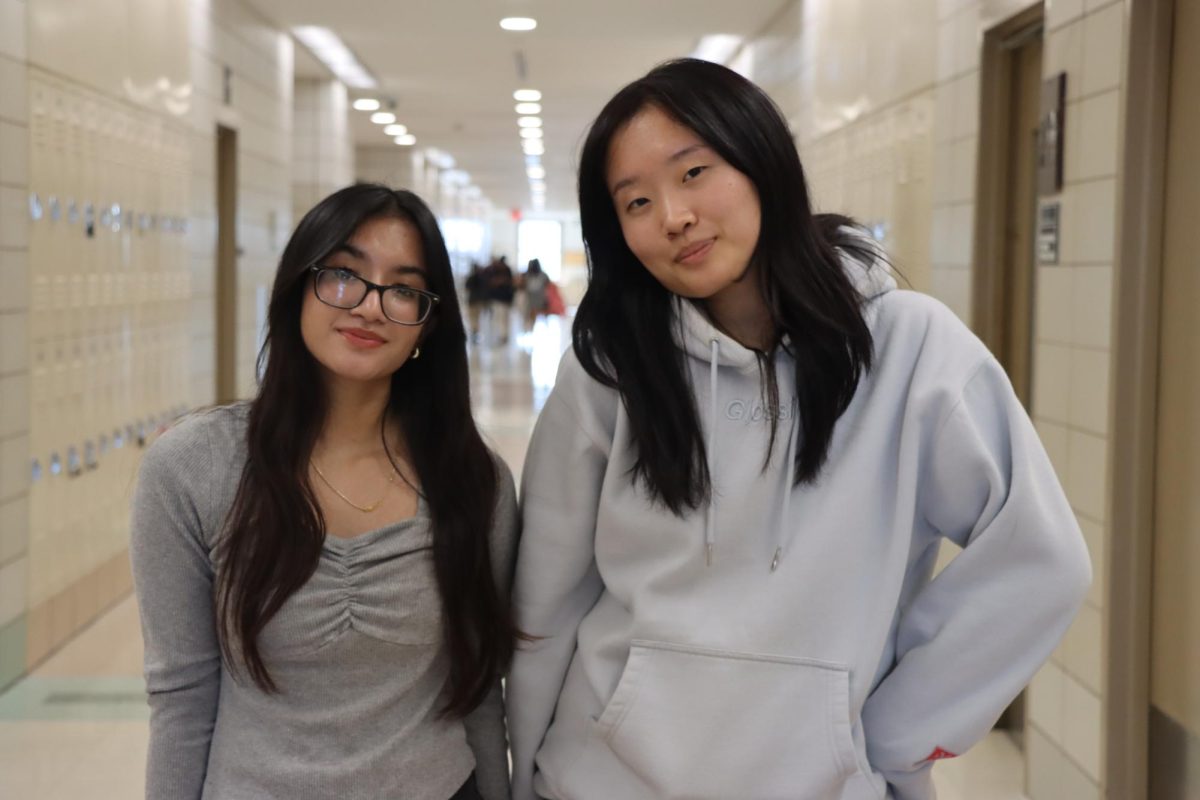
Last week, 2004 Townsend Harris alumna and Assemblywoman Nily Rozic allocated $400,000 from the New York State budget to sustain the Queens College Bridge Program contract with Townsend Harris High School for the following school year.
In an email sent to the THHS QC Bridge Year Program supporters, Assemblywoman Rozic wrote, “I have heard from so many students and alumni over the past year about what the program means to them, and as a Townsend Harris alumna myself I am grateful to do my part and ensure students can benefit from these college readiness opportunities for years to come.”
The Bridge Program allows THHS seniors to take classes at Queens College alongside other college students, earning six credits per semester. This opportunity to enroll early into college classes for free allows a smoother transition from high school to college for students. THHS Class of 2018 alumna Caroline Salazar described the program as an incredible opportunity for any high school senior. “It allowed me to enter college with twelve credits already on my transcript which allowed me to save time and money in college,” she said. “Thanks to this program, I get to graduate college one year early this year.”
In July 2020, The Classic reported that the NYC Department of Education decided to cut the funding for the Bridge Program with Queens College, citing a severe budget crisis caused by the COVID-19 pandemic. This caused outrage among many students, parents, staff, and alumni, who took to social media to repost the issue and then began to contact their local officials. Parents, such as Teekadai Kunjbeharry who is sophomore Amanda Nakhul’s mother, said that the Bridge Program and the opportunities it offered were a major reason for her decision to send her child to THHS. “Having my daughter be able to take college classes while still a senior was an opportunity I could not pass up, which is ultimately why we chose Townsend Harris,” she said. The DOE, however, stood firm with their decision and did not continue their funding for the program this year.
Without DOE funding, the THHS administration had to rearrange the school’s budget in order to continue this program for the current senior class. Principal Brian Condon explained that because a majority of students learned remotely this school year, the administration was able to reallocate some money that they usually spend on stationery and supplies that the school would only need if students were attending school in person. This would include sanitary supplies for students such as toilet paper, as well as school supplies such as paper and textbooks. However, this was only a temporary solution, and the administration did not anticipate the continuation of the program next year without funding.
However, thanks to the efforts of Ms. Rozic, who also serves as the current Chair of Consumer Affairs and Protections at the New York State Assembly, THHS was able to obtain the necessary funds to maintain the Bridge Program for next year. The Classic reached out to Assemblywoman Rozic who said, “Knowing that the program was at risk and what the impact of that potential loss would be, I knew I wanted to prioritize securing funding in this year’s State Budget. While more efforts are needed on the city level, I’m so proud to have helped keep the program afloat while we determine a long-term solution that will ensure the program exists for generations to come.”
Junior Lynda Irizarry said she felt relieved when the news broke out because she was worried about the fate of the program next year. “I knew that administration was working extremely hard this year to fund the program and was worried that these efforts would not be enough for next year when I would normally have the opportunity to take the Queens College classes myself,” she said. “I am happy that I now have this opportunity next year.”
Senior Emmanuella Borukh, who was enrolled in the program this year, reiterated the importance of the program, and said, “It gives students 12 credits for college. Some colleges don’t take AP credit but do take the college ones. Plus the credits give you a higher standing and give you more priority in registering for classes.”
Sophomore Piyas Baidya also said, “I hope that the school continues to push for funding for the program so that I can participate in this essential program when I am a senior.”
As per Assemblywoman Rozic’s email, this funding is not guaranteed to secure the long-term future of the program; however, she assured that she will continue to fight for the funding that she believes the school deserves.
Principal Condon also told The Classic that the money is a “one-year bridge.” “This is not money that the school can anticipate to have every year,” Mr. Condon said. When asked if the administration would continue their fight with the DOE to get back funding for the program, he said, “Of course, this money is vital. We are still fighting with the DOE over certain resources and fundings so that we can pay our bill for the program this year. However, this is not a sustainable model for a school. It is not possible that the administration can take $800,000-$1,000,000 out of the regular school budget every year if we go back in person to fund this program. Without the contributions of Nily Rozic, I would not know how to fund the program next year.”
Image courtesy of the Photography department
Discover more from The Classic
Subscribe to get the latest posts sent to your email.

